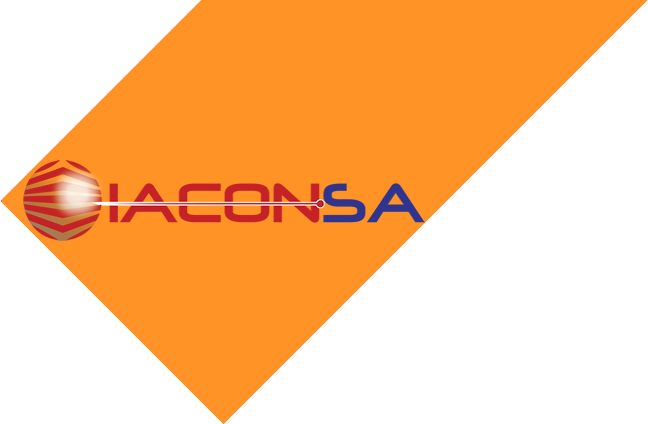Student education loans in Bankruptcy: What’s on the Horizon?
Federal legislation has long excepted student loans from release in bankruptcy in every however the instances that are rarest acknowledging the issues (and expenses) related to permitting borrowers to get rid of defaulted debts via a bankruptcy filing. Nonetheless, because the problems of usage of college and affordability become frequent topics in governmental discourse, brand new some ideas for radical modifications towards the remedy for student loan financial obligation in bankruptcy have already been proposed. Loan providers and servicers must be up to date on those proposals and able to adjust their operations if any become legislation.
The United states Bankruptcy Institute’s Commission on Consumer Bankruptcy Law circulated its last Report and suggestions on April 12, 2019. The payment was made in 2016 to analyze and develop recommendations to enhance the customer bankruptcy system. The ultimate Report included listed here recommendations student that is regarding:
- Go back to the Seven-year Rule: The payment suggests that the Bankruptcy Code go back to the rule that is pre-1998 allowed figuratively speaking become discharged after seven years through the time the mortgage first became payable. Ahead of the mark that is seven-year figuratively speaking is dischargeable just upon a choosing of undue difficulty. The payment reasoned that when a debtor will not be capable of finding profitable work to repay the mortgage by year seven, it really is not likely the debtor’s circumstances will alter.
- No Protection for Non-Governmental Loans: The payment advises that personal pupil loans–any loan that’s not produced by federal federal government entity or assured or insured because of the government–may be released. The payment explained that enabling debtors to discharge federal federal government loans could jeopardize the monetary viability of federal government education loan programs. This suggestion to permit personal loans to be released returns area 523 of this Bankruptcy Code to its pre-2005 state.
- Protecting debtors that are non-Student The commission recommends that § 523(a)(8) should restrict non-dischargeability towards the pupil whom benefited through the loan—not third-parties, such as for instance moms and dads which have assured the student loan financial obligation. The payment reasoned why these parties that are third perhaps not take advantage of the loans, and, consequently, must not have their release reduced.
- Priority for scholar Loan Debt and Treatment in Chapter 13: The payment thinks that non-dischargeable figuratively speaking ought to be eligible to a concern status under https://quickpaydayloan.info/payday-loans-ar/ В§ 507. Particularly, the commission suggests that loans must certanly be addressed as a unique 11th concern, which will end up being the bankruptcy priority that is lowest. This will cause figuratively speaking excepted from discharge become compensated most likely other concern claims. The commissioned reasoned that providing non-dischargeable figuratively speaking a concern will boost their therapy in a Chapter 13 plan.
- The Brunner Test: as a result of open-ended nature associated with Brunner test, the payment advises that the 3rd element of Brunner (i.e., that the debtor has made good faith efforts to repay the loans) incorporate bad faith. Courts should reject the release of education loan financial obligation in circumstances where the debtor has acted in bad faith in failing continually to make re payments before filing for bankruptcy.
- Brightline Rules: The commission suggests that the us government use a far more economical and approach that is efficient collection from education loan borrowers who possess filed for bankruptcy. Especially, the payment thinks that the Department of Education must not oppose the dischargeability of student education loans for everyone (1) who’re qualified to receive Social safety or veterans’ impairment benefits or (2) who fall below certain thresholds that are poverty-level.
- Avoiding unneeded expenses: education loan enthusiasts frequently litigate student loan release procedures no matter expenses. Consequently, the payment suggests that casual litigation procedures be employed to lower prices for both the debtor as well as the creditor. As an example, formal litigation breakthrough procedures ought to be a final resort. The creditor should agree that the debtor is entitled to a discharge of the student loan debt if the borrower is able to provide satisfactory evidence of undue hardship.
- Alternate Repayment Plans: Statutory amendments must certanly be designed to deal with just just how Chapter 13 bankruptcy interacts with education loan payment programs. Furthermore, В§ 1322(b)(5) should really be interpreted to apply carefully to the maintenance and cure of education loan re re payments, while the Department of Education should accept this therapy under Chapter 13 plans. The payment reasoned that this will increase education loan re re payments and get away from unnecessary collection expenses.
Congress has taken care of immediately the education loan bankruptcy debate, because it has in past times, with proposed legislation.
On May 9, 2019, U.S. Sens. Elizabeth Warren (D-MA) and Dick Durbin (D-IL) and U.S. Reps. Jerrold Nadler (D-NY-01) and John Katko (R-NY-24) introduced a bill that is bicameral scholar Borrower Bankruptcy Relief Act of 2019, which may get rid of the element of the Bankruptcy Code which makes federal and private figuratively speaking non-dischargeable. This will cause student education loans to be addressed like very nearly all the other kinds of unsecured debt underneath the Bankruptcy Code. The Senate bill has 15 extra Democratic co-sponsors, while the home bill has 12 extra Democratic co-sponsors.
We shall continue steadily to report developments of this type. Solutions have now been proffered but a framework that is feasible elusive.



Deja un comentario